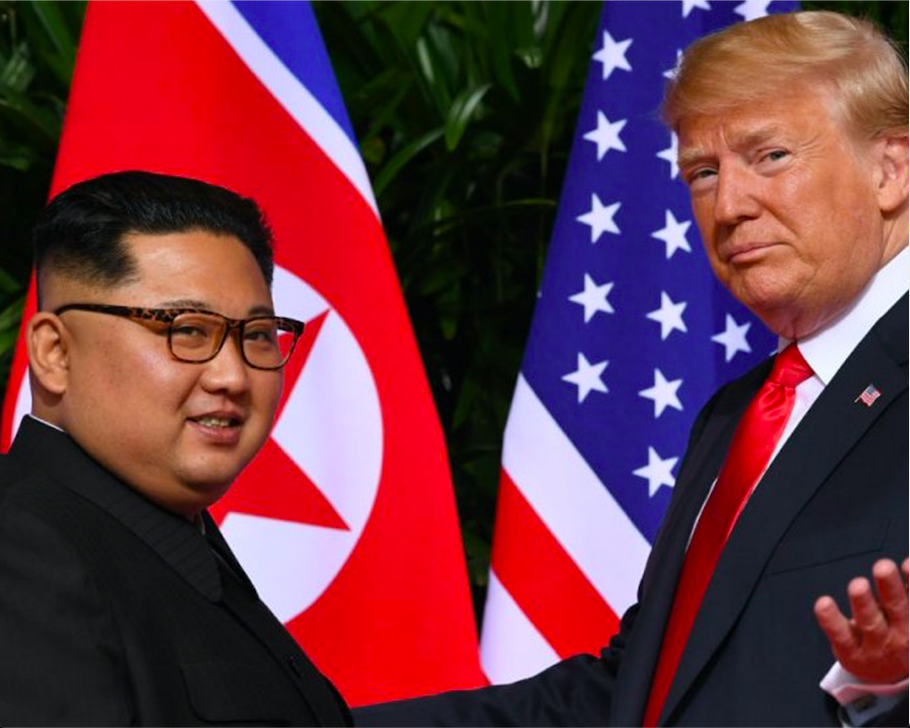The sequel to the first-ever North Korea–US summit was held over the course of two days on Feb. 27 and 28. Unlike the previous conference, which was held in Singapore, this time North Korean leader Kim Jong-un and US President Donald Trump traveled to Hanoi, Vietnam to resume negotiations. Among the items on the agenda, denuclearization was at the forefront, with topics ranging from US sanctions and diplomatic relations also being heavily discussed.
“I had a lot of doubts regarding the promises Kim and Trump had made in the previous summit,” said Jinkyu Han (11), a member of the DMZ Ecology Club. “Although Kim agreed to work toward complete denuclearization, I read a New York Times article that reported on North Korea’s continued work with nuclear weapons. This type of information caused me to wonder whether holding another summit would even make a difference.”
While doubts regarding these summits’ effectiveness surfaced before the actual event, much of the world also expressed signs of anticipation. English magazine Vietnam Daily reported that the Vietnamese government strongly supported any negotiations that would facilitate peace and stability in the Korean peninsula and would do their best as the host country to ensure the success of the conference. South Korean President Moon Jae-in, who once again acted as the middleman between North Korea and the US, also conveyed hope that the summit would make further progress on denuclearization talks.
“This summit had the potential to shape the future of North Korea–US relations,” said Emma Lee (11), MUN member. “Even before the actual event, not only were the two countries ready to sign an agreement working toward complete denuclearization of the Korean peninsula, but they were also willing to work in collaboration with South Korea to officially end the Korean War.”
But in reality, the summit was perceived to be a crushing disappointment for both parties. At a private dinner with top officials from both the US and North Korea, President Trump proposed a grand deal in which he would lift several American sanctions on North Korea in exchange for a total surrender of their nuclear arsenal. Kim Jong-un, staying consistent with his previous remarks, responded that North Korea would only denuclearize if the process were executed gradually. The clash in opinions slowed down the negotiations process considerably and even evoked some tension between the two leaders.
“Both Kim Jong-un and Donald Trump made huge assumptions coming into the summit,” said James Tyvand, AP World History teacher. “Kim assumed that Donald Trump was only interested in securing a foreign policy victory because of his domestic issues, while Trump assumed that it would be easy to convince North Korea to give up much of their nuclear arms in exchange for the chance to be embraced by the international community.”
Ultimately, Trump and his party abruptly left the summit in an unexpected turn of events. Both the White House and North Korean officials held their respective press conferences immediately afterward, with government officials from the US asserting that the summit was cut short because North Korea demanded a complete removal of US economic sanctions. North Korea, on the other hand, argued that they had only been pushing for a partial lifting of sanctions. The difference in these two narratives suggests another oversight during the summit: a lack of clear communication. With more misunderstandings accumulated and no real consensus reached, it is uncertain when the two countries will finally reach a mutual understanding on the issue of denuclearization.

